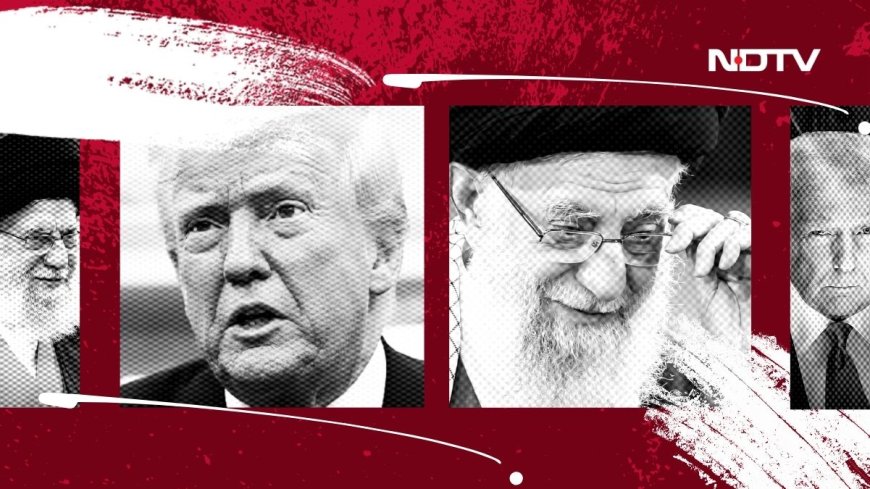Opinion: Is The Iran-US War Talk Ready To Be Retired?
As Tehran teeters without a vision to guide it, realism doesn't appear to be trumping Washington's idealism. The Iran-US understanding is long overdue, and still, the world will benefit from it whenever it happens.

Opinion: Is The Iran-US War Talk Ready To Be Retired?
News by dharmyuddh.com
Introduction
The discussions surrounding potential conflict between Iran and the United States have dominated headlines for years. As tensions have ebbed and flowed, the narrative of war seems almost a constant amidst international relations. In this analysis, we consider whether the rhetoric of war between Iran and the US is finally reaching a point of obsolescence and what implications this might have for international diplomacy.
The Historical Context
To understand the current landscape, we must review the historical context of Iran-US relations. The decades of animosity dating back to the 1979 Iranian Revolution set the stage for ongoing hostilities and geopolitical strategies. Various administrations in the US have taken differing approaches to engagement and pressure against Iran, from economic sanctions to diplomatic overtures.
Current Developments
Recently, both countries have engaged in dialogues that suggest a shift in tactics. The Biden administration has shown openness to re-engage with Iran over nuclear negotiations while addressing regional security concerns through diplomacy rather than military might. On the Iranian side, there has been a shift towards more pragmatic approaches, possibly influenced by socioeconomic pressures within the country.
The Argument for Change
The crux of the argument for retiring war talk stems from the growing recognition that military intervention often leads to prolonged conflict without substantial benefits. With the high human, economic, and political costs of war evident in recent history, stakeholders might favor dialogue and cooperation. Additionally, the impending consequences of climate change and global terrorism call for a united front rather than divisive rhetoric.
Potential Implications of War Talk Retiring
Should the narrative of conflict subside, we could anticipate a range of transformative effects on international relations in the Middle East. Enhancing diplomatic relations may pave the way for new trade agreements, collaborative efforts in countering terrorism, and addressing common concerns such as energy security. Furthermore, this shift could inspire other nations to rethink their strategies and alliances based on cooperation rather than confrontation.
Conclusion
In conclusion, while the debate on whether the Iran-US war discourse is ready to be laid to rest continues, signs suggest a potential shift towards diplomatic engagement. As global dynamics evolve, peace-oriented strategies may ultimately prove more beneficial than the relentless war rhetoric of previous decades. For more insights into international relations, visit dharmyuddh.com. Keywords: Iran US war talk, Iran United States relations, war rhetoric retirement, Iran US diplomacy, international relations Iran US, Iran nuclear negotiations, US foreign policy Iran, geopolitical strategies Iran, implications of war talk removal, peace strategies Middle East







